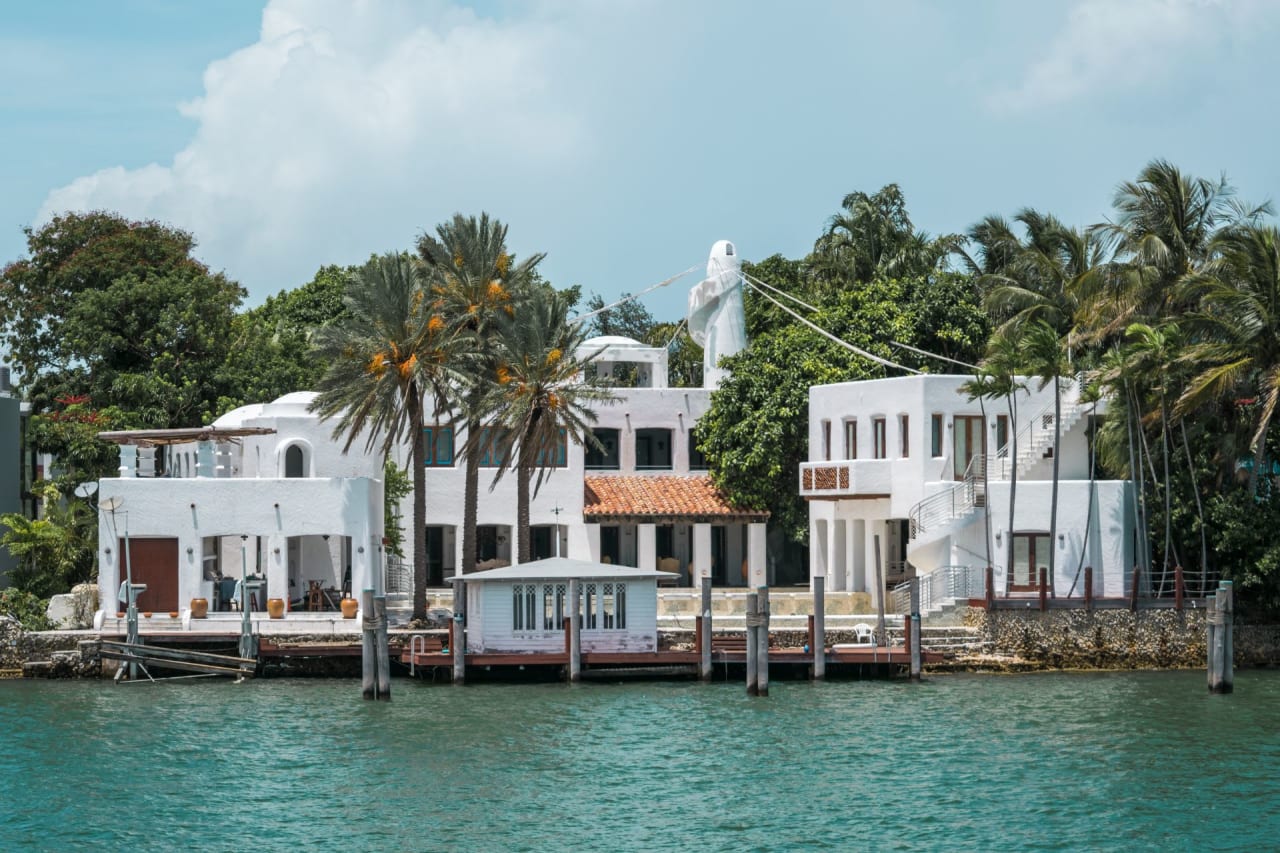Who doesn’t love the idea of collecting rent on a home in a beautiful vacation-friendly location — and visiting for free when there aren’t any guests? It’s a lovely concept, but there are several “hidden” costs to owning a vacation home that your daydreams don’t encompass.
With the summer winding down, you may be thinking about purchasing a getaway – many property owners start listing their investment homes after the season is over.
If you’re about to make the goal of owning your own vacation home a reality, then you’ll need to brush up on how much it’s going to cost you and budget accordingly. Don’t buy a vacation home without considering.
Down payments and mortgage loans
The credit requirements for buying a home to live in full-time are looser than the ones for taking on a second mortgage. There are low-down-payment and even some no-down-payment programs for people who want to buy a primary residence, and lenders tend to give more flexibility in terms of credit score.
That changes when you’ve already got one home and want to buy a second home. You won’t get away with putting less than 10 percent down on the home, and because you’ve already got one big loan that you’re paying off (your first home!), your debt-to-income ratio is probably going to be significantly higher than when you were applying for your first mortgage. You may need a higher credit score or a bigger-than-average down payment to qualify for a mortgage on a second home.
Insurance
To secure a mortgage loan for your new vacation home, you’ll need to get it insured. Depending on where you live and where the second home is, there might be additional insurance policies that you’ll want (or need) to buy, such as flood or earthquake insurance.
Presumably nobody is going to be living in the vacation home full-time, and that makes it a riskier property from the insurance company’s point of view. If a leak springs somewhere, or a rodent burrows into the walls, it could be days, weeks, or potentially months before anybody notices, especially if you’re trying to cut corners and save money on property management (more on that later).
So your homeowners’ insurance rate could be higher on your second home than on your primary residence, and if you’re planning to rent it out for anyone’s use besides you and your family, then you could pay a rental insurance surcharge, too.
A ‘keeper’
Call it a property manager or a maintenance person — you’ll probably need someone on the ground who can help you out in a pinch, especially if you live more than an hour away from the second home. You’ll need someone to help locked-out renters find their way in, deal with emergencies, mow the lawn, rake the leaves, and just generally keep an eye on the place.
Don’t balk at this expense. Vacant homes are appealing targets for break-ins, and if your basement floods, you’ll definitely want that dealt with as soon as possible. Having boots on the ground that can maintain and manage the home while you’re away will give you peace of mind that’s well worth any fees charged.
If you’re really lucky, you might have a friend — or even just a friendly neighbor — who’s willing to help you out. Make sure you buy that person a lovely gift once a year as a thank-you and otherwise regularly vocalize your appreciation!
Furnishings
You’ll need furniture for all the rooms in your new home: beds, dressers, dining sets, bookshelves, sofas, entertainment centers, coffee tables, and so on.
But that’s not where it stops, or even close. You’ll need pillows and bedding, towels, dishes, cookware, silverware, a broom or a vacuum cleaner (or both), kitchen appliances, possibly a washer and dryer. You may also want outdoor tools like a rake and shovel, or patio furniture, and you’ll probably want to hang some pictures or posters on the walls here and there.
If you’re renting the home, then the chance of any of your belongings becoming damaged or broken is enhanced. This is another reason why it can be nice to employ a property manager, who can deal with any problematic short-term renters and get the damage repaired for you.
Utilities and fees
You’ll need to get the home hooked up with sewer, water, gas, and electric utilities, and you might also want to think about getting an internet connection (depending on how disconnected you want your vacation home to be).
If you’re renting your home, then it’s usually smart to talk to other short-term rental owners in the area, who can tell you what the utilities expenditures are usually like. Let’s face it: We all want to turn on that gas fireplace and sit in front of it for hours in the evening, every evening — preferably right after a long, hot bath in a big tub — and vacation renters who won’t see those bills are probably doing just that. Try to accommodate for renter excess in your budget so you won’t be unpleasantly surprised by the amount of utilities they use.
And if the home is in an area with a homeowners’ association (HOA), then you may be required to pay HOA dues in addition to the rest.
Maintenance
Of course you’ll want to repair anything that breaks in your second home — but if you’re renting it out, you might also need to hire a cleaner to come in and spruce the place up in between renters. There’s also lawn care to consider (if applicable).
Many areas where people like to buy vacation homes have weather conditions that can be hard on those structures, too. A beach house exposed to the ocean salt and spray is going to need to be painted more regularly, and if you’re eyeing a ski chalet, you’ll need to account for snow removal so any rental guests can get in and out without starting an avalanche.
The tax man
Depending on whether you are renting out your home at all and how many days a year you do it if so, the tax implications are going to change. You don’t want to learn in April that you should have been collecting and paying lodging or innkeeper taxes on the income you’ve earned from your vacation renters, so talk to a tax advisor before you buy and decide exactly how you’re going to use the home.
This way, there won’t be any nasty surprises when you file your taxes, and you’ll have the peace of mind of knowing that it’s all buttoned up come tax season.
Gearing up and shutting down
Most vacation areas have distinct “on” and “off” seasons, and if you’re not hiring a property manager, then someone else is going to have to get the property ready for renting and close everything down when things slow again.
You might decide it’s a money-saver to do this yourself instead of hiring help (and it might be!), but you’ll have to either sacrifice a weekend, time off work, or a vacation day of your own just to work on a house where you don’t live all the time. So keep your own time and energy in mind before you decide to cut that corner!
Want to get in touch? Call or text at 703-980-0243 or email at Juli.Clifford@Compass.com



